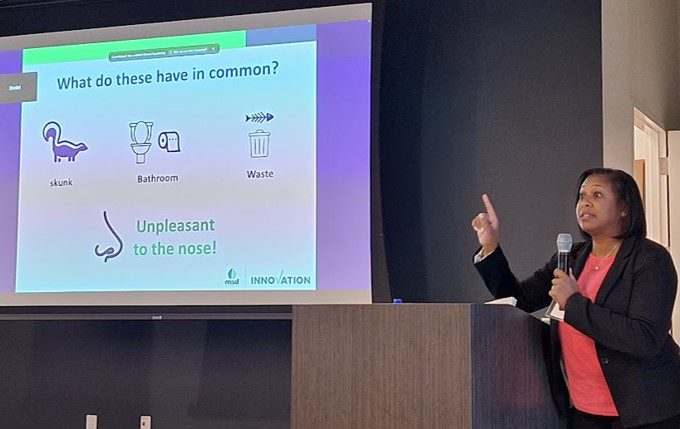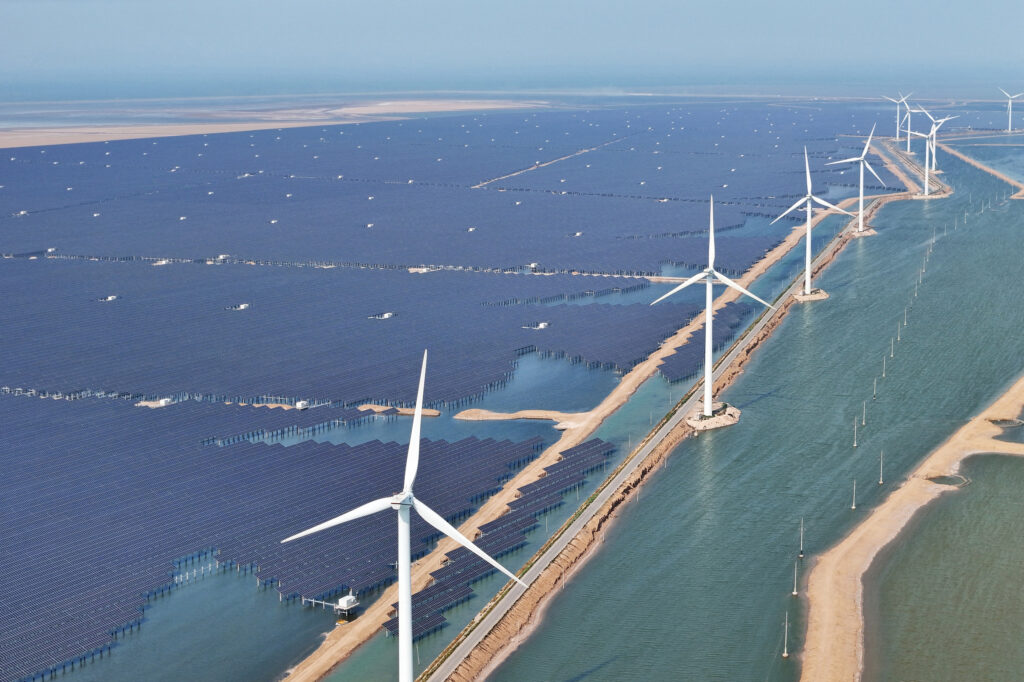An improvement in freshwater biodiversity in England’s rivers was linked to reductions in pollution of zinc and copper, largely due to the decline of coal burning and heavy industry, say researchers.
Invertebrates are used as an important measure of a river’s biodiversity and health, and Environment Agency data show there was a widespread, significant increase in species richness across England in the 1990s and early 2000s. However, there has been little significant further improvement since then.
Therefore, a team of scientists led by the UK Centre for Ecology & Hydrology (UKCEH) looked for the possible reasons for this, using statistical modelling to investigate a wide range of different chemical and physical factors, such as temperature, river flow and landscape.
They examined a wealth of Environmental Agency data – 65,000 individual observations relating to pollutant measurements and invertebrates from 1,457 sites between 1989 and 2018.
The study, funded by the Natural Environment Research Council, has been published in the journal Environmental Science & Technology. It found that although concentrations of ammonia and organic matter – strongly associated with sewage effluent – were important to influencing invertebrate diversity, the correlation with zinc and copper was strongest.
Decline in coal buring and heavy industry
The researchers say there are likely to be several reasons for the reductions in the amount of zinc and copper entering our rivers after the 1980s:
- Reduction in coal burning, an important source of atmospheric metals pollution that ends up in rivers through acid rain
- Decline in heavy industry, which emits metals into the atmosphere and discharges sewage containing pollutants that end up in rivers through treated and untreated effluent.
- Decline in domestic products containing zinc and copper, resulting in less metal pollution in sewage.
Professor Andrew Johnson, an environmental research scientist at UKCEH, who led the study, said: “There is a widespread desire by the public to improve water quality and biodiversity in our rivers but the problem for policymakers is what steps would be most likely to achieve results.
“Our study provides strong evidence that concentrations of zinc and copper have the biggest influence on invertebrate species richness, so future attempts to increase freshwater biodiversity are unlikely to bear fruit without further reductions in these metals.”
The highest metal concentrations are found downstream of abandoned mines and are still impacting biodiversity. Defra has set a target of halving the length of rivers affected by this type of pollution by 2038 in its Environmental Improvement Plan.
New approach
In addition to a reduction in metal pollution, the researchers point out that improvements to wastewater treatment processes to remove general organic matter and ammonia from effluent, as a result of the Urban Wastewater Treatment Directive, have also helped increase river biodiversity.
The Environment Agency does not measure every single contaminant of concern. However, the researchers point out that their statistical analysis included wastewater exposure – seen as linked to more organic pollutants and pharmaceuticals in a river – and arable land cover as a proxy for high pesticide use.
Previous studies have tended to rely on laboratory experiments to predict the impact of different chemical stressors to wildlife, but using statistical methods to examine long-term river monitoring data allows “the wildlife themselves to speak to us directly”, according to Professor Johnson.
















